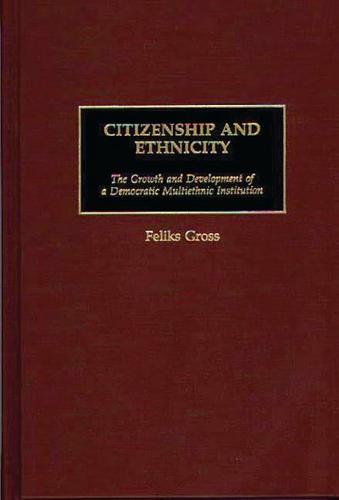Publisher's Synopsis
Today, all industrialized states are multinational. However, as Political Sociologist Feliks Gross points out, there remains considerable debate and experimentation on how to organize a multiethnic, democratic, and humane state. Gross examines various types of multiethnic states as well as their early origins and prospects for success. In the past, minorities were usually formed as a consequence of conquest or migration; minorities tended to have an inferior status, subordinated to the ruling, dominant ethnic class.
While Athens provides an early example of a state formed by alliance and association, the Romans advanced this concept when they extended to subjected peoples the status by means of citizenship. After the fall of Rome, citizenship continued in Italian and other continental cities. In England, subjectship associated with individual freedom had native roots. The American and French Revolutions revived and created the modern definition of citizenship. Along with Rome, however, only the United States provides an example of a successful multiethnic state of continental dimensions.










